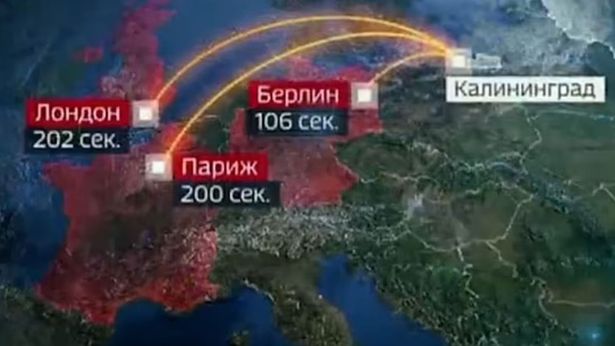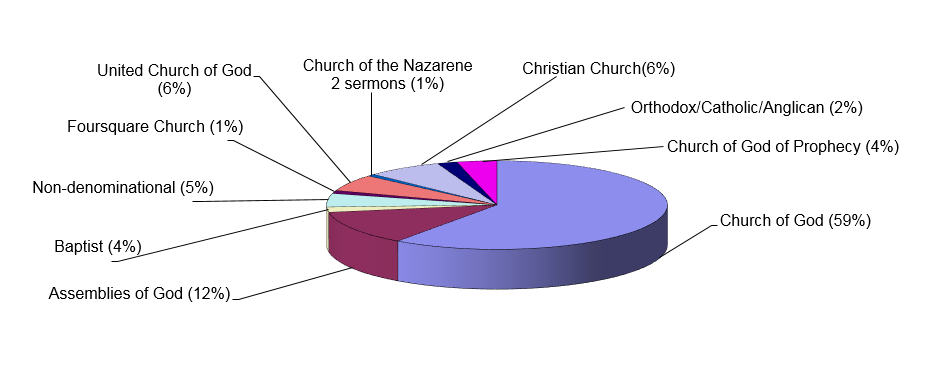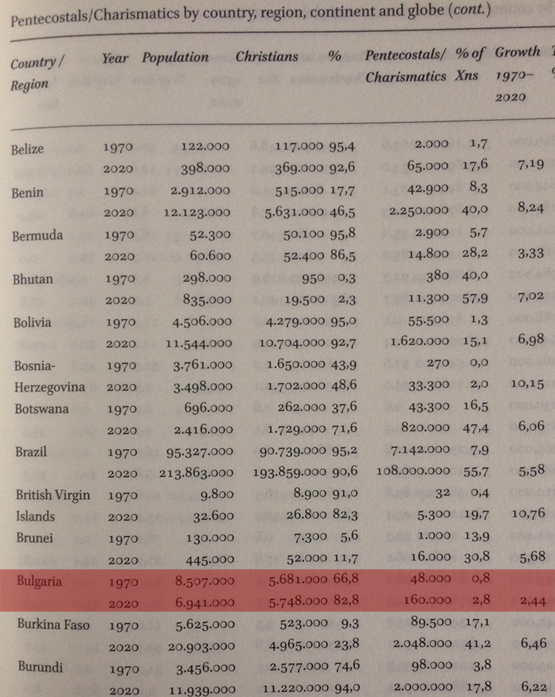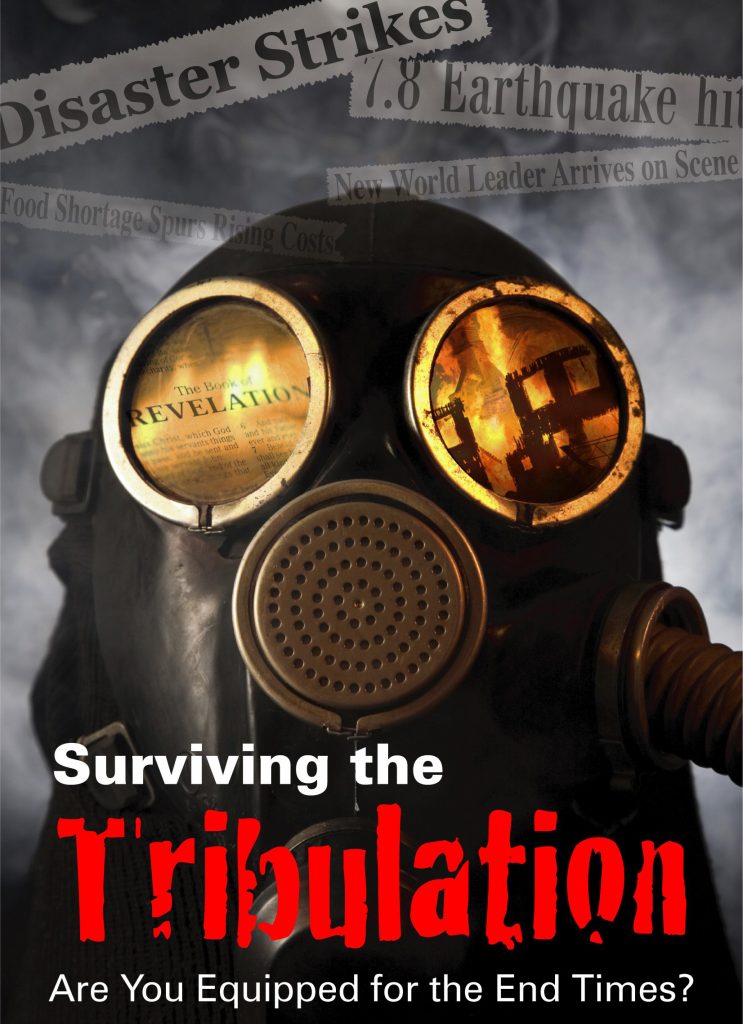- Russia demands payment in roubles to shield it from sanctions
- EU denounces gas cut-off as ‘blackmail’
- Kyiv reports some Russian gains in villages in east Ukraine
- Concern grows that conflict could suck in Moldova
PUTIN halts gas supplies to BULGARIA
WARSAW/SOFIA/KYIV, April 27 (Reuters) – Europe should stop depending on Russia for trade after Moscow halted gas supplies to Bulgaria and Poland for not paying in roubles, Ukraine said, as the shutoff exposed the continent’s weaknesses and divisions on Wednesday.
The decision, denounced by European leaders as “blackmail”, comes as Russia’s own economy wilts under sanctions and Western countries are sending more arms to Kyiv despite warnings from the Kremlin to back off.
Gazprom (GAZP.MM), Russia’s gas export monopoly, suspended gas supplies “due to absence of payments in roubles”, as stipulated in a decree from Russian President Vladimir Putin that aims to soften the impact of sanctions.
“The sooner everyone in Europe recognizes that they cannot depend on Russia for trade, the sooner it will be possible to guarantee stability in European markets,” Ukrainian President Volodymyr Zelenskiy said late on Wednesday. While the president of the European Commission said Gazprom’s move was “yet another attempt by Russia to use gas as an instrument of blackmail”, EU member state ambassadors asked the executive for clearer guidance on whether sending euros breached sanctions. France will host a meeting of EU energy ministers on May 2 to discuss how to deal with Russia’s move. Kremlin spokesperson Dmitry Peskov said Russia remained a reliable energy supplier and denied it was engaging in blackmail.
He declined to say how many countries had agreed to switch to paying for gas in roubles but other European customers said gas supplies were flowing normally.
On the battlefield, Ukraine reported that Russian troops had made gains in the east. Russia reported a number of blasts on its side of the border, and a blaze at an arms depot. Kyiv called the explosions “karma”.
Ukraine said Russian forces had used tear gas and stun grenades to disperse a pro-Ukraine rally in Kherson, the first big city it has seized. A series of powerful explosions caused by rockets hit the centre of Kherson late on Wednesday, Ria News agency reported. The invasion of Ukraine has reduced towns and cities to rubble, and forced more than 5 million people to flee abroad in a conflict that has prompted fears of wider conflict in the West, unthought of for decades.
Moscow calls it a “special operation” to disarm Ukraine. Kyiv and its allies call the war an unprovoked act of aggression. With so many EU members reliant on Russian energy, the European Commission has said the EU’s gas buyers can engage with Russia’s payment scheme provided certain conditions are met. Germany’s main importer, Uniper (UN01.DE), said it could pay without violations. Austria and Hungary, among others, have also indicated they will take this route.
Bulgaria and Poland, former Soviet-era satellites that have since joined the EU and NATO, are the only two European countries with Gazprom contracts due to expire at the end of 2022, which meant their search for alternatives was under way.

Rewind 30 Years of Places where we’ve Preached

160,000 Pentecostals in Bulgaria Reported by the NEW Encyclopedia of Global Pentecostalism

How many people die in the Great Tribulation?
We start with roughly 8 billion population
Revelation 6:8 KJV “And I looked, and behold a pale horse. And power was given unto them over the fourth part of the earth, to kill with sword, and with hunger, and with death, and with the beasts of the earth.”
8 bil : 4 = 2 billion dead
6 billion left alive after Rev. 6
Rev. 9:15-18 another 1/3 of the world’s population will be dead
6 bil : 3 = 2 billion dead
4 billion left alive after Rev. 9
4 bil out of the original 8 bil is 50%
The odds that anyone would survive the Great Tribulation are 50:50 or even less…

Last Days’ Prophecy Unfolding
“Israel has to be reborn as the country. Check. Jews have to be coming back en masse and resettling here. Check. Jews have to rebuild the ancient ruins. Check. They have to make modern Israel prosperous. Check. And they have to be living securely in the land,”
04:00 Invasion toward ISRAEL (Rev. 12)
06:00 The mark (Rev. 13)
06:27 10 kings (Rev. 17:12)
06:44 Ross of Magago (Ezek. 38 & 39)
07:35 War (Rev. 19:19)
08:33 Do not damage the oil and the wine (Rev. 6:6)
09:00 China (Rev.16:12–16)
14:25 World War 3 (Rev. 19:19)
14:45 Chemical weapons (Rev. 9)
15:00 to the end – America NOT in Biblical prophecy
https://www.jpost.com/christianworld/article-702069
Ivan Voronaev’s Book in WalMart for Palm Sunday
FOLLOW THE LINK to purchase today:
Maintaining Internal Motivation in Midst of Pandemic
by Kathryn N. Donev, LPC/MSHP, NCC
The following are some highlights to encourage you this new year in midst of the uncertainty of a global pandemic with 1) Product Placement, 2) Cognitive Dissonance, and 3) Mass Formation Psychosis surrounding us daily.
Motivation has been explored from the beginning of time. Questions such as “What is motivation?” and “How can one become motivated?” continue to be discussed and analyzed. Many theories of how to provoke individuals exist. Some authorities feel that the key is the use of a reward system in which an individual is enticed to act by an external motivator. Conversely, other experts believe in the concept of “self-talk” where one simply talks positively to become inspired. Scholars continue to debate the sources of motivation and it has been described in a variety of ways. From a Christian perspective, motivation can be defined as occurring when an individual is convinced of the appropriateness and urgency of goals, to the degree that he or she is driven not from without, but from within to act and continues to act in order to reach these goals, despite what others do or think.
In order to understand motivation, one must be aware of its sources. These include those that arise from within oneself and those that derive from external factors. One of the main sources of external motivation is financial incentives. Other external motivators include social pressure as well as magnetic personalities; those that have the ability to attract individuals who may fail to consider the implications of becoming enticed. External motivators inspire individuals to act first and think later. In such cases, one is solely moved by outside incentive. Alternatively, individuals may experience genuine motivation, which comes from within oneself.
Before addressing how to become genuinely motivated, a further distinction must be made between “internal” and “external” motivation. Internal motivation is what the author considers to be true motivation due to it being internally generated and not externally stimulated. Excitement occurs based on personal interest or passion. It is grounded on a decision to identify with that task, resulting in belongingness and not because of any external incentive.
On the other hand, the author views external motivation as an artificial stimulus. It is fake in the sense that it produces emotional stimulation, which may lead to excitement without creating an awareness of the true source of such feelings. In other words, support or positive reinforcement from others may create a feeling towards action, which may dissipate once the peripheral source is removed. External motivation is based on outside or perhaps selfish incentives. One may ask the question, “What is in it for me?” External motivation causes one to become consumed with personal rewards, rather than focusing on the goal at hand. Nevertheless, it is important to note that in the early stages of motivation, people may need emotional encouragement from others in order to promote action. However, individuals are not truly motivated as defined above, unless their actions are produced by internal motives regardless of the presence of support from others.









